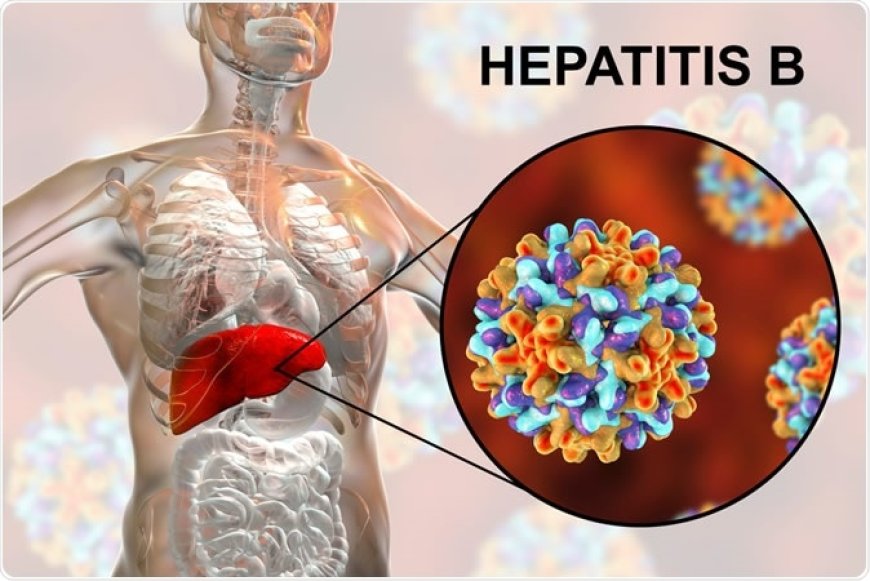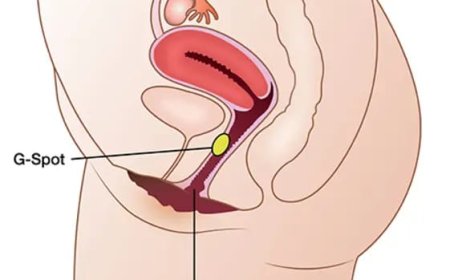Hepatitis B - 101

Hepatitis B is a viral infection that attacks the liver, leading to inflammation and, in severe cases, liver damage or failure.
What is Hepatitis B?
Hepatitis B is caused by the hepatitis B virus (HBV). It can be acute (short-term) or chronic (long-term), with chronic infections posing a significant risk of liver complications.
Transmission
Hepatitis B is transmitted through contact with infectious body fluids, including:
- Blood
- Semen
- Vaginal secretions
Common ways the virus spreads include:
- Unprotected sexual contact
- Sharing needles or syringes
- From mother to child during childbirth
Symptoms
Many people with hepatitis B do not experience symptoms, but those who do may exhibit:
- Fatigue
- Nausea
- Abdominal pain
- Dark urine
- Jaundice (yellowing of the skin and eyes)
Potential Complications
If left untreated, hepatitis B can lead to serious health issues, including:
- Chronic liver disease
- Cirrhosis (severe liver scarring)
- Liver cancer
- Liver failure
Prevention
Preventive measures include:
- Vaccination: The hepatitis B vaccine is highly effective in preventing infection.
- Safe sex practices: Use condoms to reduce the risk of transmission.
- Avoid sharing needles: Essential for those who inject drugs.
- Screening and treatment: Regular check-ups and monitoring for those at risk.
Hepatitis B can be deadly due to its potential to cause severe liver damage if untreated. Awareness and preventive measures are key to combating this virus and protecting liver health. If you suspect exposure or experience symptoms, seek medical advice promptly
What's Your Reaction?





























































